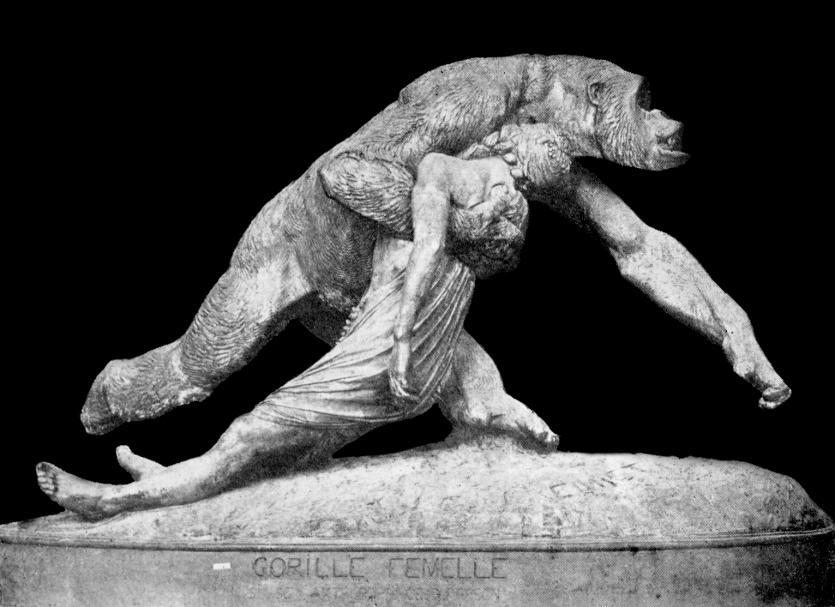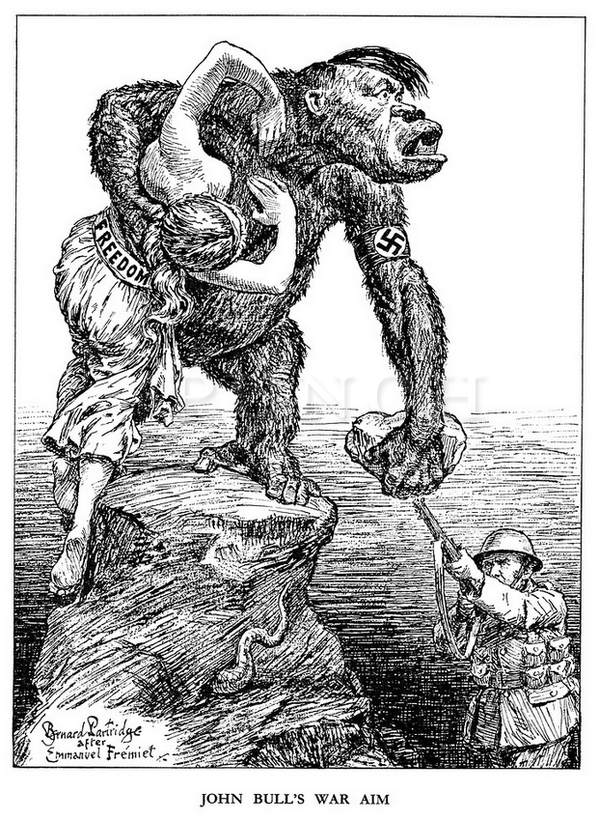CRITICAL PERSPECTIVES
The Meaning Of Cultural Text
In order to find out the meaning of
cultural text, we need to break things down and find the meaning of culture.
Culture – The Arts and other manifestations
of human intellectual achievement regarded collectively (Oxford English dictionary)
To me this means that culture is a
cumulative deposit of knowledge, values, beliefs, language, music and arts
achieved by people in the course of generations.
So now we are a little more clued up on
culture lets go back to “The Meaning of Cultural Text”
A Cultural text is a study of any given
culture that can be analysed and interpreted to reveal cultural codes of
meaning.
For example food can be analysed to find
tons of cultural information.
Kanye West "Bound 2"
In visual culture we were shown Kanye West’s Bound 2 music video as a example of culture and asked to find a cultural meaning/text for it.
At the start its really quite beautiful,
you question if this is indeed the right video, stunning scenery, calming
mountains you almost expect David Attenborough to kick in and then, god damn it, its Kanye West riding a motorbike on the side of a snowy cliff with absolutely
no safety gear! Not even a jacket
In the next shot we have a naked Kim Kardashian
lying backwards on top of a motorbike cruising down the highway. Again no
safety gear! She’s not even facing the right way. At least she remembered to wear
comfortable shoes…….
Kim Kardashian has clearly been slimmed out
and her exposed breasts refuse to move.
We see Kim dry humping Kanye on a Motorbike
whilst he raps about how hard he’s going to do her on the sink? Surly a motorbike will
do.
For me I find the video to be incredibly
demeaning to women visually and lyrically and is an unrealistic portrayal of the
female form.
I find it quite sad that music videos like
this can be released at all.
I was shocked to read this video first
premiered on the Ellen DeGeneres show American daytime TV!
If Kim Kardashian had of been a man
sprawled out across Kanye's motorbike this video
would be banned.
Or if Kim had been untouched, no make up
all natural hair (and I mean armpits the whole she-bang) then Im pretty sure
this video would have had a tough time being aired.
MY CHOSEN CULTURE FOR CULTURAL TEXT
Choosing a culture/something to research
was tough and involved a lot of thought, so many things.
I initially thought about what inspires me
most in fashion, music and nature.
When designing a garment I normally find a
animal to get inspiration from,
For example when doing my BLACK PROJECT at
university I studied a variety of different black animals, one of which was
Gorillas.
I happened to find gorillas incredibly
interesting and charming which is why I have chosen my cultural text to be
about……..
GORILLAS IN POPULAR CULTURE
Gorillas are commonly used in popular media
often portrayed as lavish beasts.
Tarzan and King Kong among many other
literary and artistic representations of humanity’s relationship with apes,
projects fears of uncontrolled sexual drive, theories of criminality and
narratives of human and primate differences.
So where did it all start where did our
obsession of Gorillas stealing women and causing havoc come from?
EMMANUEL FREMIET “GORILLA CARRYING OFF A WOMAN”
French sculptor Emmanuel Fremiet was very
popular for his sculptures of both wild and domestic animals, domestic pets
proving especially popular, i.e “Ravageot et Ravageode.”
In 1859 Fremiet caused alarm when releasing
“Gorilla enlevant une hegresse” which depicts a gorilla dragging away a nude
woman, this was found to be graphically violent and shocking.
Ironically, Charles Darwin’s “The Origin of
Species by Means of Natural Selection” was published in the same year.
Fremiet himself said on the subject
“A
lot of noise was being made about mankind and apes being brothers, it was an
audacious idea, and my work even more aggravating since, the gorilla being the
ugliest of all the primates, the comparison was hardly flattering for humans.
With recklessness, this gorilla was dragging off a young woman. Since the woman
in question was a Negress, I thought my work might pass. This was not to be.”
Fremiet's comments are a reflection of the
racism and lack of animal knowledge at the time.
Somehow this inaccurate portrayal of
Gorilla behaviour caught the public’s imagination as witnessed in popular media
throughout the ages.
During the First World War, enemy forces
were frequently visualised as subhuman gorillas as seen in Harry Ryle Hopps
“Destroy This Mad Brute” 1917
This poster was used in the U.S to help
enlist soldiers and is one of the most memorable of its era.
In Hopps’s poster the monstrous gorilla
steps onto American soil with a bloody club in one hand and ravaging a woman in
the other.
The poster is clearly a reworking of
Fremiets sculpture “Gorilla carrying off a woman”
Similar work from the time is found in J. Norman Lynd’s “Stop Him”
A propaganda poster from 1917 in which the
rapacious gorilla menaces Lady Liberty
Gorillas were also depicted as the enemy in
World War Two posters, as seen in a Bernard
Partridge poster 1939
In April 1925 Ralph Spence’s play,“The
Gorilla” was released and became a smash hit on Broadway and quickly moved
across the Atlantic to the London stage as well.
Spence’s play was set in a city terrorized
by a series of murders committed by a lunatic of superhuman strength and
gorilla like appearance.
A key to the shows success was when the
gorilla leaped of the stage and growled its way up the aisle, frightening many
of the women, causing some to faint.
In 1930 a movie called “Ingagi” was made
The film was banned in June 1930.
Surprisingly, this was not on the grounds of explicit content but rather
because of false advertising, as the gorilla sequences were judged to be made
up of orang-utans and a gorilla-suited actor.
In
1933 The phenomenon that is “King Kong”
first hit our screens.
Kong has appeared in 7 movies (including two remakes of the original) with an 8th
due to arrive in 2017.
The original film tells of a gigantic,
prehistoric, island dwelling gorilla called Kong, who after being captured and
brought to New York escapes and causes terror and dies in an attempt to possess a
beautiful young woman.
“Mighty Joe Young” was released in 1949 by
the same makers as King Kong.
It had a similar plot to King Kong but with
a happier ending.
Joe is a massive gorilla who has been brought
up by Jill since a young age
Jill is convinced to take Joe to Hollywood
were Joe is exploited to no end.
Joe escapes and causes havoc across
Hollywood.
Gorilla Grodd is a supervillan from DC
comics.
Grodd has made no fewer than 18 attempts to
eliminate all traces of humanity from the face of the earth.
Donkey Kong
Is a series of video games which feature the
adventures of a gorilla called Donkey Kong. He was Mario's fierce opponent,
always attempting to kidnap Mario’s princess. Donkey Kong made his first
appearance in 1981.
Above are just some of the many negative
portrayals of Gorillas in popular culture, but I want to turn this around and
look at something a little more positive.
Here’s some REAL encounters of Gorilla and
Man
The 19th Century public was scandalised by the controversial theories of man’s evolution from ape, proposed
by writers such as Charles Darwin and Thomas Huxley.
A Gorilla Mania quickly ensued in the
popular press and literature, which lasted well into the twentieth century.
People were horrified by wild tales of vicious, sexually motivated gorillas
kidnapping women in Africa and simultaneously enthralled by themes like King
Kong. The Gorillas similarity to us has made this intelligent, peaceful animal
a foil for our fears and raises questions about human nature. To me it seems
clear, given that we are all Great Apes, we should be changing our negative
outlook on these amazing Gorillas and turning it into something more gentle and
caring. Today Gorillas species are critically endangered and need our help. We
need to learn to live at one with gorillas.
Gorilla is a beautiful book that discuss gorillas in popular culture in great depth.
This book is packed with information and a wide range of history of the gorilla and its troubled history with humanity.
Iv taken a quote from the book which I think sums up what I'm saying perfectly
"The Gorillas physical resemblance to human beings, as well as its plight at the hands of humanity, places it at the centre of contemporary philosophical and ethical debates which call into question a long history of human exceptionalism, whereby humans have considered themselves to be unique within - or set apart from - the natural world. Moreover, all that has been denigrated as uncontrolled and animal in human nature has been projected particularly onto the gorilla, creating a monster if repressed animality. In order for the gorilla to survive, rapid transformation must be effected in assumptions that the natural world exists for the benefit of humanity, transformation grounded in a thoroughgoing understanding of the interdependent animal nature of the human."
chapter 5 page 193
Gorilla - Ted Gott and Kathryn Weir
Published by Reaktion Book LTD
This book is packed with information and a wide range of history of the gorilla and its troubled history with humanity.
Iv taken a quote from the book which I think sums up what I'm saying perfectly
"The Gorillas physical resemblance to human beings, as well as its plight at the hands of humanity, places it at the centre of contemporary philosophical and ethical debates which call into question a long history of human exceptionalism, whereby humans have considered themselves to be unique within - or set apart from - the natural world. Moreover, all that has been denigrated as uncontrolled and animal in human nature has been projected particularly onto the gorilla, creating a monster if repressed animality. In order for the gorilla to survive, rapid transformation must be effected in assumptions that the natural world exists for the benefit of humanity, transformation grounded in a thoroughgoing understanding of the interdependent animal nature of the human."
chapter 5 page 193
Poster
As a part of visual culture we were asked to create a poster based around our cultural text.
This poster not only needed to discuss my chosen cultural text but also my passion behind it.
This poster not only needed to discuss my chosen cultural text but also my passion behind it.




No comments:
Post a Comment